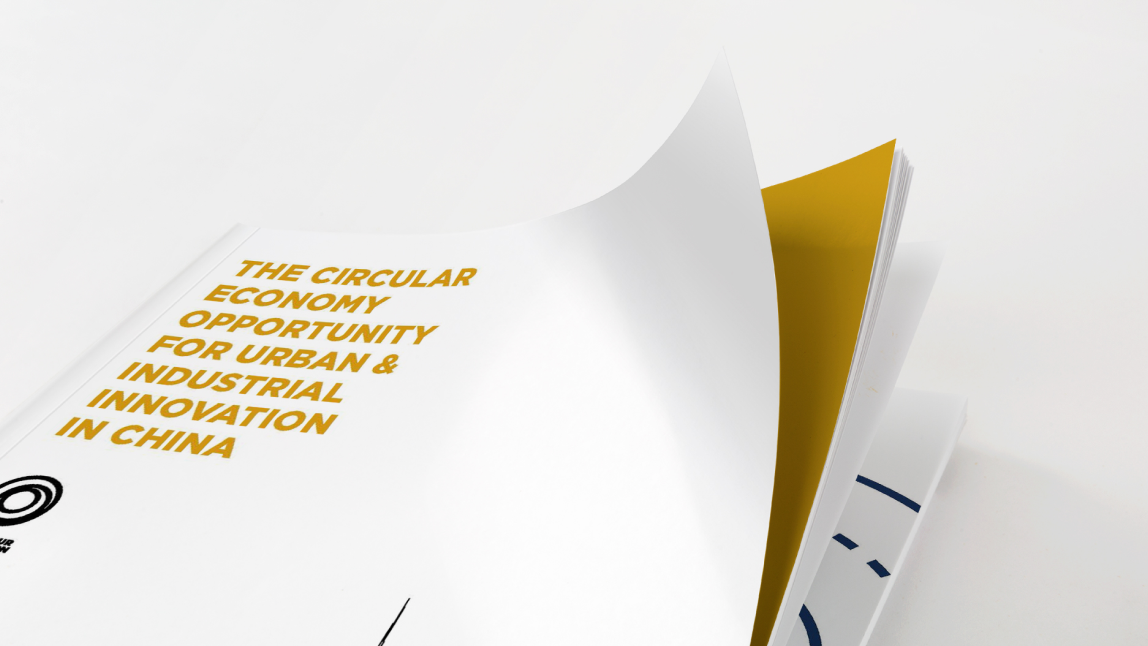As part of the Ellen MacArthur Foundation’s ongoing research on the circular economy, this paper expands our understanding of the model in the urban context.
This paper outlines some of the challenges cities are facing in today’s linear economylinear economyAn economy in which finite resources are extracted to make products that are used - generally not to their full potential - and then thrown away ('take-make-waste')., explores the alternative of a ‘circular city’, and collates our research to date on the benefits of a circular economycircular economyA systems solution framework that tackles global challenges like climate change, biodiversity loss, waste, and pollution. It is based on three principles, driven by design: eliminate waste and pollution, circulate products and materials (at their highest value), and regenerate nature. for cities. Finally, it outlines outstanding questions on the topic, suggesting possible avenues of research for the future.
In the coming decades, cities will be increasingly important as even greater rates of urbanisation are expected, and significant infrastructure investments and developments will be made. Cities could be uniquely positioned to drive a global transition towards a circular economy, with their high concentration of resources, capital, data, and talent over a small geographic territory, and could greatly benefit from the outcomes of such a transition.
To quote this study, please use the following reference: Ellen MacArthur Foundation, Cities in the circular economy: An initial exploration (2017).






